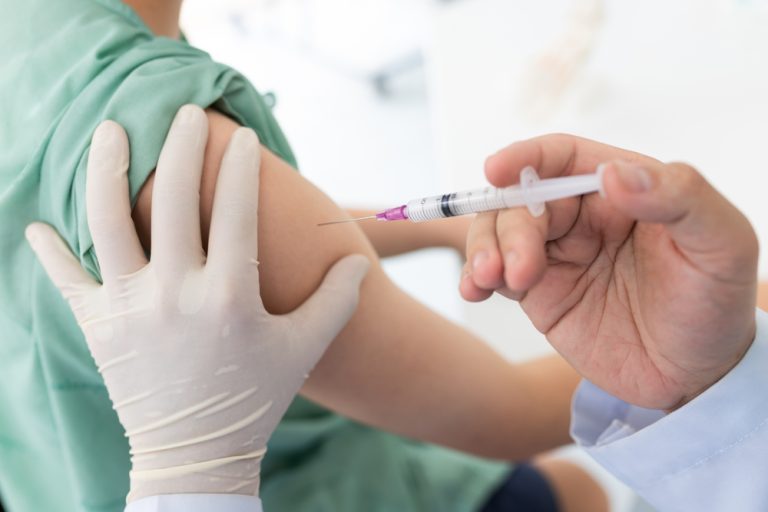A targeted vaccination programme against gonorrhoea will be rolled out in Scotland, Wales and Northern Ireland, to tackle the infection’s growing resistance to antibiotic treatment.
The devolved nations have followed in the footsteps of NHS England, which last month announced that it would invite eligible individuals for a new gonorrhoea immunisation programme, beginning in August.
“The science tells us that this vaccine will potentially protect thousands of people and prevent the spread of infection”
Jenni Minto
Ministers from all four UK countries have accepted advice from the Committee on Vaccination and Immunisation, which in November 2023 recommended the rolling out of the vaccine after an upsurge in gonorrhoea diagnoses.
The programmes will utilise the 4CMenB vaccine, which is already in use for meningococcal B disease.
Research by the UK Health Security Agency has shown that 4CMenB offers up to 40% protection from gonorrhoea and that this could help to tackle the increasing levels of antibiotic resistant strains of the disease.
Further research from Imperial College London suggested the vaccine could prevent up to 100,000 cases of gonorrhoea over the next decade, as well as save the NHS £7.9m, if high uptake is achieved.
In Northern Ireland, gonorrhoea is now the most commonly diagnosed bacterial sexually transmitted infection (STI) – with 1,208 cases recorded in 2024.
Around eight in 10 infections occur in men, with gay and bisexual men the most commonly affected.
As such, the country said it would offer the vaccine to eligible patients, including gay and bisexual men who have a recent history of multiple sexual partners or an STI, from August.
Health minister Mike Nesbitt said: “With gonorrhoea cases rising, the launch of this world-first vaccine programme is important and very timely for Northern Ireland’s public health.
“By targeting those most at risk, we have an opportunity to curb the spread and reduce transmission rates from this complex disease, and to prevent thousands of cases over the next few years.”
Scotland will also roll out the vaccination programme in August to gay and bisexual men, as well as those involved in selling or exchanging sex, regardless of gender.
The programme will be funded by the Scottish Government and led by Public Health Scotland, with £280,000 in funding intended to cover the first and second doses of the vaccine.
It comes as the number of cases of gonorrhoea has been steadily rising across the country, with latest figures showing there were 5,999 diagnoses in 2023 – a 59% increase on pre-pandemic levels.
Public health minister Jenni Minto said: “This action is urgent and timely since the number of diagnoses has been high and the disease is becoming increasingly difficult to treat with antibiotics.
“The science tells us that this vaccine will potentially protect thousands of people and prevent the spread of infection.
“Anything which stops people from contracting gonorrhoea in the first place can have huge benefits, including ensuring our health system remains resilient by reducing the amount of treatment needed.”
Meanwhile, Wales also announced that it will join its UK counterparts in rolling out the vaccination programme.
In a letter sent by deputy chief medical officer for public health, Dr Keith Reid, to healthcare leaders, he noted that gonorrhoea diagnoses were at a 10-year high, with a 27% increase in cases in the last year.
Dr Reid warned that the majority of cases were in males between 15- to 24-years-old and that the STI had developed resistance to all classes of antibiotics used in its treatment.
The letter set out that the vaccination programme – which will also be accompanied by a mpox vaccine – would be offered from summer 2025.
Read more on sexual health

